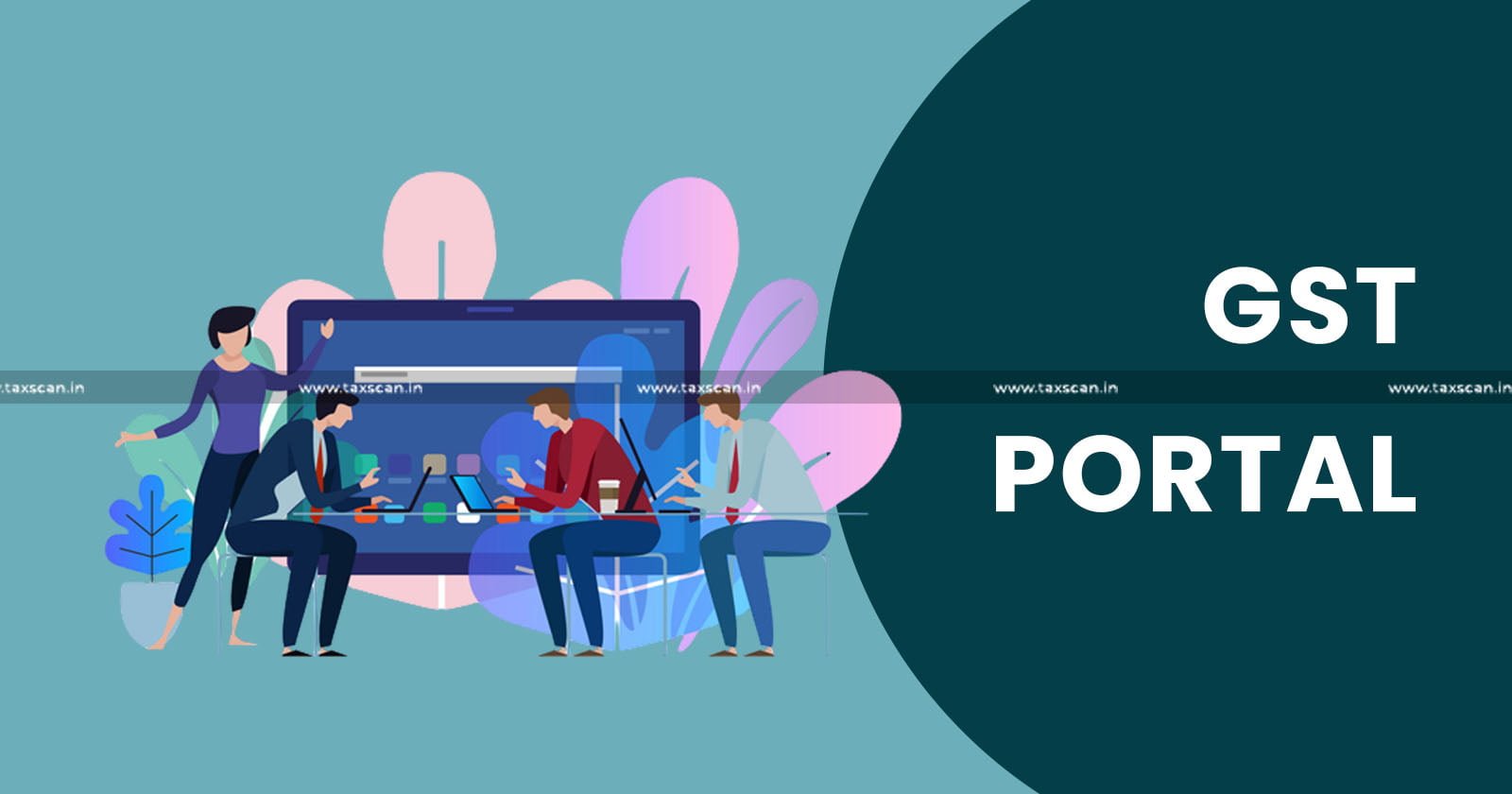GST Portal’s New Automated Notices may lead to Unnecessary Tax Litigations: Know Why!

Under the GST regime, the process of tax assessments and compliance verification has been revolutionized with the implementation of a technology platform. Unlike the pre-GST era where tax officers would manually conduct audits and issue notices based on their findings, the GST system now generates show-cause notices automatically.
This change has resulted in a significant increase in the number of notices issued to taxpayers, based solely on the data captured from their returns and declarations. The system-generated notices can be triggered for various reasons, including discrepancies in monthly returns, ITC reconciliation, differences in tax payable and paid, delayed interest payments, and discrepancies in E-way bill generation and Form GSTR-1.
The Goods and Services Tax Network (GSTN) has made the tax assessment process more efficient, accurate, and effective, benefiting both taxpayers and the government. The GSTN was given the challenging task of creating a platform to meet the needs of various groups, including taxpayers, tax agencies, and government agencies. The platform must be interoperable with other systems, such as Customs, and handle tasks such as taxpayer migration from previous systems to GST, registration, tax filing, payment, refunds, and Input Tax Credit validation.
Auto-generated notices are sent to taxpayers via email at their registered address and can be downloaded from the GSTN portal. These notices are based on data analysis and are issued without any prior discussion or opportunity for clarification. Unfortunately, this approach often leads to an increase in litigation and doesn't result in any revenue improvement.
There are numerous interpretational issues under GST which have contributed to the rise in litigation. Responding to these notices and appearing before tax officers has significantly increased the time, effort, and costs for taxpayers, particularly after completing time-consuming monthly/quarterly/annual compliance reporting.
It is disheartening for honest taxpayers to receive notices requiring additional tax payments and additional data submissions, especially in an environment that requires frequent and voluminous reporting.
The Indian government has taken several actions to curb litigation and alleviate the concerns of taxpayers, such as issuing clarifications on interpretational issues, implementing a new process to reconcile Input Tax Credit challenges, and waiving fines and penalties for minor offenses.
However, the proliferation of system-generated notices is exacerbating the burden on the appellate mechanism, which is the non-existent Goods and Services Tax Appellate Tribunal (GSTAT), resulting in an overloaded judiciary at the High Courts across the country. To ease the worries of honest taxpayers, it is suggested that a more effective approach be adopted that allows for pre-notice dialogue.
Support our journalism by subscribing to TaxscanAdFree. Follow us on Telegram for quick updates.


